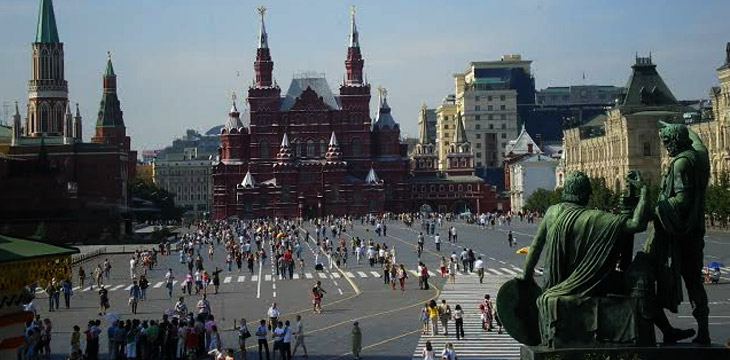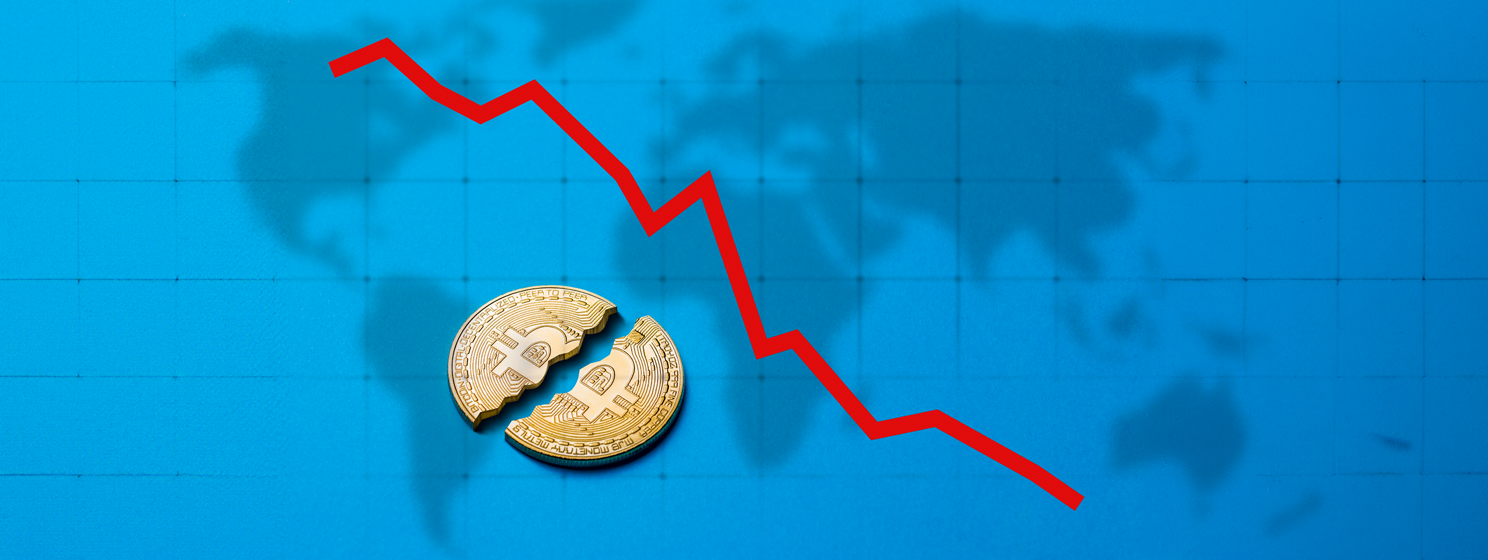|
Getting your Trinity Audio player ready...
|
Authorities in Russia are planning a new law that would permit the government to seize crypto assets in connection with criminal investigations, according to local media reports.
If passed, the statute would effectively undermine one of the key principles of BTC and blockchain ownership, achieving what many describe as “impossible” given the structure of on-chain assets, RBC reported.
Sources familiar with the plans was quoted by the news outlet saying the law is being drafted by the Interior Ministry working alongside other government agencies, and could take legal effect from 2021.
Nikita Kulikov, a member of the Russian parliament and head of the committee working on the proposals said the measures would help tackle criminal use of virtual assets, as part of a wider package of controls on the sector.
The constant growth trend in crimes using virtual assets, and the lack of consumer protection in the face of this kind of criminal onslaught, naturally dictate the need to develop mechanisms for legal regulation and control of virtual asset exchange.
It is thought that the proposals could work through the creation of a government crypto wallet which would hold transferred funds seized by the authorities.
The proposals are only the latest example of lawmakers in Russia attempting to tackle issues around cryptocurrency usage in the country, with its flagship crypto regulation package still outstanding.
Beset by delay after delay, it is thought that the regulatory regime around cryptocurrencies and digital assets would have to be written into law first, in order to give crypto a legal definition and standing, before the authorities could present a legal basis for confiscation.
At present it remains unclear how the authorities would intend to force confiscation of cryptocurrencies.
While funds held on exchange could potentially be up for grabs with the cooperation of exchange operators, crypto stored in cold wallets or elsewhere would be less readily accessible in the event a confiscation order was passed.
Similar attempts by authorities in India have run into similar problems, with governments yet to find an effective model of recovering crypto assets subject to seizure orders.
It remains to be seen whether authorities in Russia can fare any better in developing the systems necessary to implement this type of policy.

 02-07-2026
02-07-2026 




